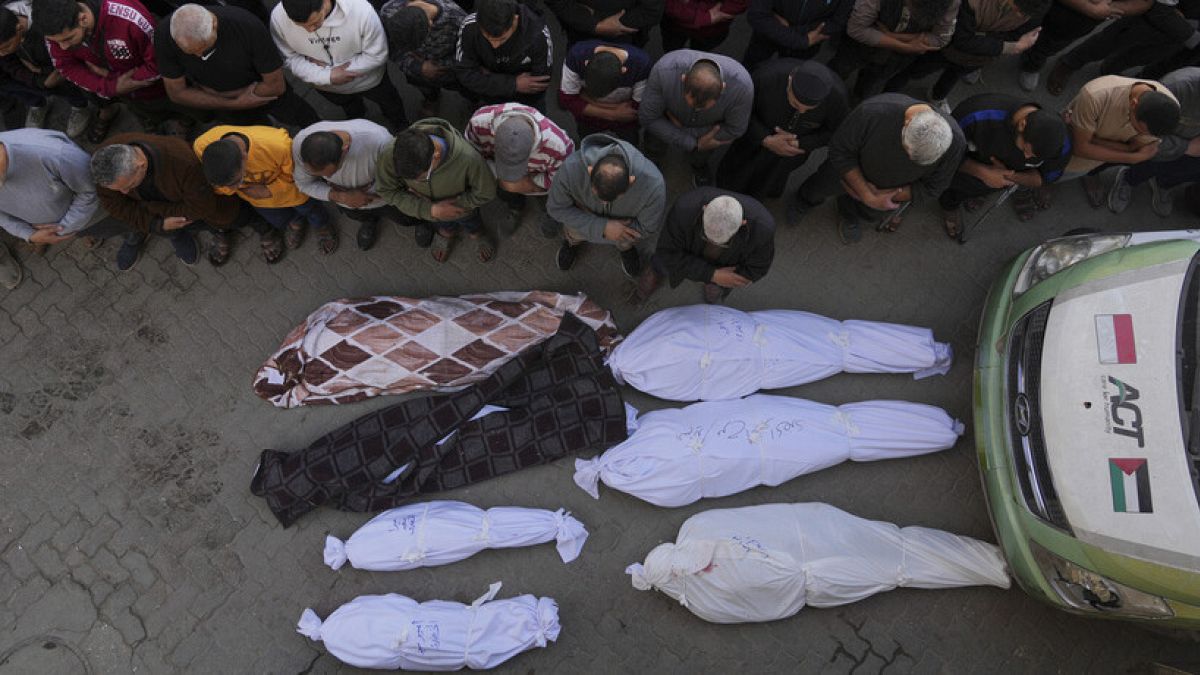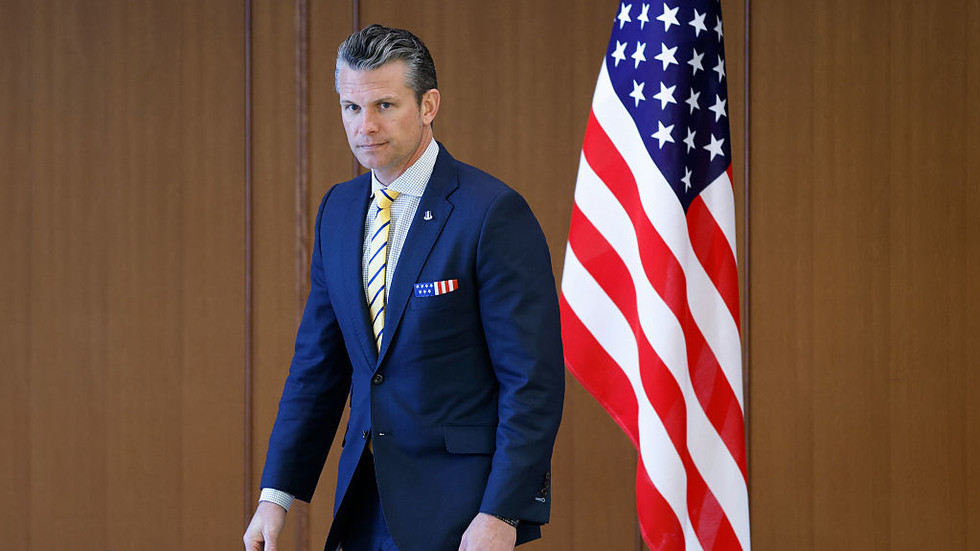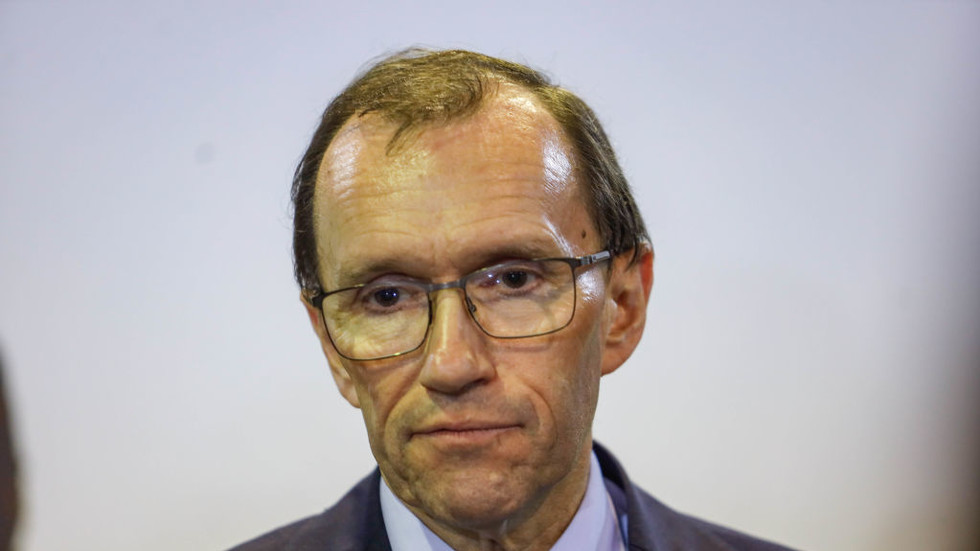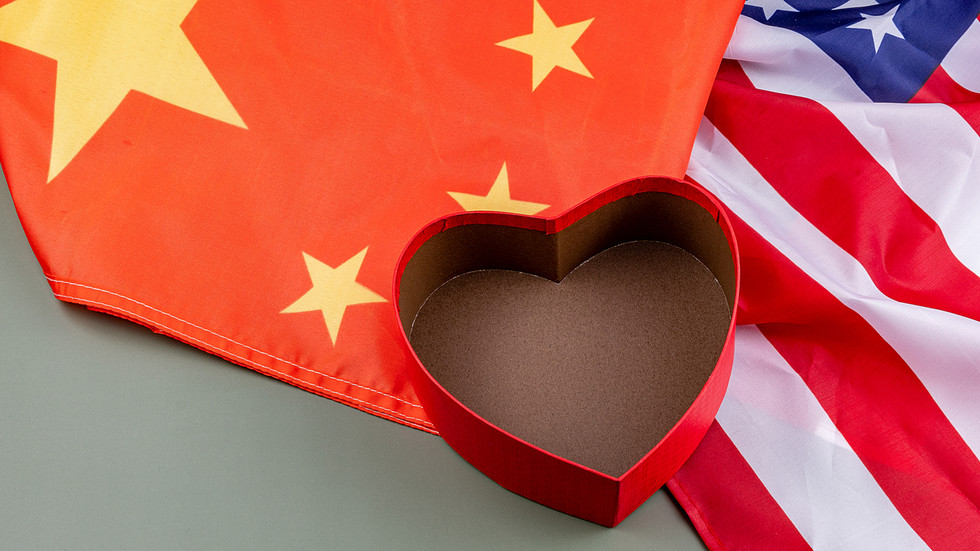NATO chief Mark Rutte supported Trump's push for higher defence budgets and warned that a Russian victory in Ukraine would damage NATO's credibility and increase costs.
NATO Secretary-General Mark Rutte urged Ukraine's Western allies to provide further support to Kyiv, stating he agreed with US President Donald Trump, who previously demanded that the alliance's member countries increase their defence budget from 2% to 5% of their GDP.
Speaking at a panel discussion at the World Economic Forum's annual meeting in Davos, Rutte said Europe's defence budget averages 2% adding that "it has to be much more."
"I think Donald Trump is right here that we are not spending enough," the NATO chief said.
Rutte also warned that a Russian victory over Ukraine would damage the alliance's credibility while seeing defence costs spike to trillions of euros.
“If Ukraine loses, then to restore the deterrence of the rest of NATO again it will be a much, much higher price than what we are contemplating at this moment in terms of ramping up our spending and ramping up our industrial production,” Rutte said.
Speaking on the sidelines of the World Economic Forum, Ukrainian President Volodymyr Zelenskyy said a minimum of 200,000 troops are required to ensure Ukraine's security in the case of a ceasefire with Russia.
"If (Russia) has a 1.5 million-strong army, and we will have less (than) two times (that), it means that we need contingents with a very strong number of soldiers," Zelenskyy added.
Trump, who entered office on Monday, pledged to bring an end to the war in Ukraine, a promise he made while on the campaign trail. While he hasn't outlined his plan to do so, on Wednesday he threatened the Kremlin with sanctions if no deal is reached soon.
However, concerns in Europe are rising that Trump may end the war on terms that are unfavourable to Ukraine.
"If we get a bad deal, it would only mean that we will see the president of Russia high-fiving with the leaders from North Korea, Iran and China and we cannot accept that. That would be geopolitically a big, big mistake," Rutte said.

 2 months ago
27
2 months ago
27






 We deliver critical software at unparalleled value and speed to help your business thrive
We deliver critical software at unparalleled value and speed to help your business thrive






 English (US) ·
English (US) ·